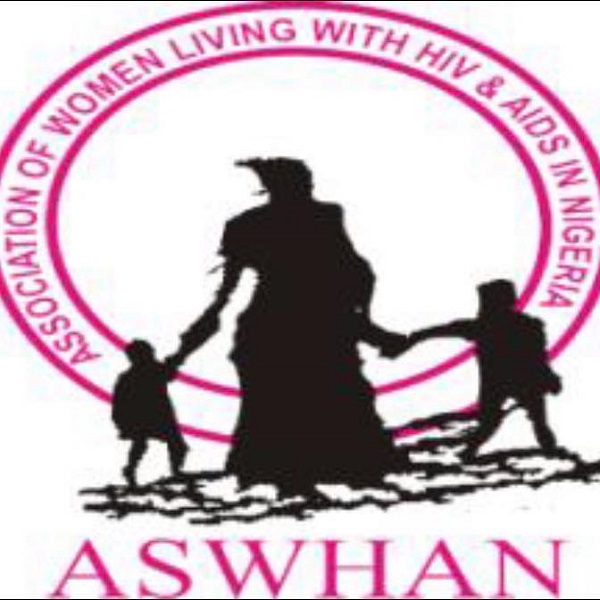
The Association of Women Living with HIV/AIDS in Nigeria (ASWHAN) has elected a new executive committee to manage its affairs.
Following its election in Abuja recently, its new national coordinator is Mrs. Esther Hindi Maliki. Maliki, formerly the deputy coordinator for the northern zone, takes over from Mrs. Assumpta Reginald, who held the position for the past 11 years.
The role of the national coordinator is pivotal, serving as the hub for the network’s activities, including facilitating communication between donor partners and civil society organisations, particularly concerning matters related to women living with HIV in the country.
Maliki expressed her dedication to upholding the positive legacy of her predecessor and assured donor partners of continued collaboration to support women living with HIV in Nigeria. “Over the next six months, my leadership, alongside other executive members, will engage in high-level advocacy with our funding partners, government entities, and civil society organisations to define our goals and areas of need and support for women. We seek support from various quarters and will approach our partners, who have assured us of their willingness to assist,” she stated.
She highlighted ASWHAN’s ongoing efforts, mentioning a survey supported by UN Women aimed at assessing the impact of the economic situation and access to resources among women living with HIV. The survey’s results will guide the association in developing achievable and sustainable work plans based on data-driven insights.
However, Maliki lamented the association’s limited visibility and financial constraints. “Our presence and work are often overlooked, presenting a significant challenge. Many funding partners remain unaware of our efforts at the state and local levels,” she explained.
Maliki called on the media to amplify the voices of women living with HIV/AIDS in Nigeria, stressing the need for broader recognition and support. She emphasised the role of ASWHAN’s elected leadership in promoting their cause and advocating for vulnerable groups facing stigma and discrimination.
“We, as executives, are committed to working alongside the media to ensure our plans for Nigerian women, children, and adolescents are known. We want to raise awareness of our existence, particularly among the vulnerable groups who endure the hardships of living with HIV in these trying economic times. We aim to provide support, recognising that we cannot achieve this alone,” Maliki emphasised.
ASWHAN, an umbrella organisation for support groups of women living with HIV and AIDS in Nigeria, comprises over 100 registered support groups across the country. It actively advocates for the rights of positive women in Nigeria and strives to establish comprehensive HIV and AIDS prevention, care and support services.

